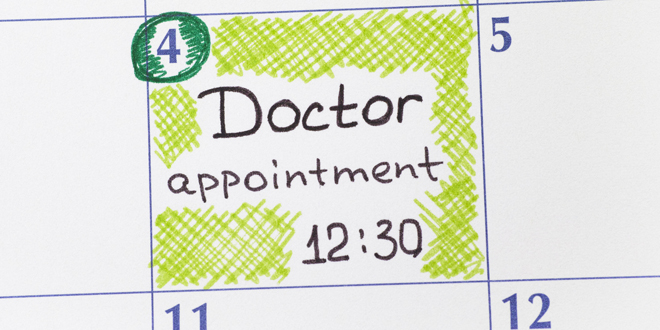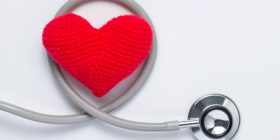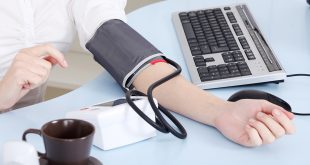People take daily control of their diabetes care by eating healthy foods, exercising regularly and taking their medications as prescribed. However, there are some routine tests and checks that are also an important part of your diabetes management. These checks can help your healthcare team determine if you are at risk for or have complications of diabetes. Read on to learn more about regularly scheduled diabetes health checks.
Which tests should be done, and how often?
There are a number of tests and checks that you should have done at different intervals. The table below outlines what to expect at various times throughout your diabetes journey.
| When? | What test? |
| At diagnosis of type 2 diabetes | · Albumin/creatinine ratio (kidney function)
· Cholesterol levels · Eye examination by an eye care specialist · Foot examination, for wounds and nerve damage |
| Every 3 months | · A1C (if at target, this can be done every 6 months)
· Blood pressure · Review of home blood sugar monitoring record |
| Every year | · Albumin/creatinine ratio (kidney function)
· Blood glucose meter accuracy check compared to the results of a blood test at the lab · Cholesterol levels · Dental checkup (with your dentist or dental hygienist) · Foot examination, for wounds and nerve damage · Medication review |
| Every 1 to 2 years
|
· Eye examination by an eye care specialist
- Type 2 diabetes: every 1 to 2 years - Type 1 diabetes: once a year if you are over 15 years of age and have had diabetes for 5 years or longer |
| Regularly/ Periodically
|
· Questions about healthy eating and physical activity
· Questions about depression and/or anxiety · Questions about alcohol consumption · Questions about quitting smoking · Questions about sexual health |
Check out the what, why and how of diabetes monitoring here
Additional information about health checks
A1C is a measure of your blood sugar control over the last three months. This is a blood test that is done at a laboratory or may be offered at some pharmacies. The target A1C for most people with diabetes is 7.0% or lower.
High blood pressure can lead to eye disease, heart disease, stroke and kidney disease. You may need to change your eating and exercise habits and/ or take pills to keep your blood pressure below the recommended target of 130/80 mm Hg. Your diabetes healthcare team member will measure this for you at your regular visits but it is also a good idea to check it at a pharmacy (where available) or at home with your own blood pressure monitor if it is elevated.
High cholesterol levels can lead to heart disease and stroke, but often have no signs or symptoms. The only way to know whether you have high cholesterol is to get it checked. Your health care team can do a simple blood test, called a “lipid profile,” to measure your cholesterol. You may need to change your eating and exercise habits and/or take pills to keep your cholesterol below the recommended target of less than 2.0 mmol/L.
Eye disease is a common complication in people with diabetes who have consistently high blood sugar levels. You should have your eyes checked by an eye care specialist (an optometrist or ophthalmologist), who will dilate your pupils and check for signs of eye disease.
A foot examination will show your healthcare team if you have ingrown toenails or cuts and sores that aren’t healing, and they can take the proper action to help them heal. Ingrown toenails, and cuts and sores on the feet, can lead to serious infections. Your healthcare team can also show you a daily routine that you should follow to check your feet. Be sure to contact them immediately if you have any cuts, redness, swelling, sores, blisters, corns, calluses, or other change to the skin or toenails.
Kidney disease can be detected through an albumin/creatinine ratio test, which is a urine test performed at a laboratory. The earlier you catch signs of kidney disease the better able you’ll be to manage it and stop it from getting worse.
Nerve damage to the feet can cause health problems ranging from mild numbness to pain that makes it hard to perform normal daily activities. Your healthcare team will test for nerve damage by using a 10-g monofilament or 128-Hz tuning fork to check how well you can feel sensation in your feet.
Where to keep track of my health check results
You can keep track of all your diabetes health check results by using this handy downloadable monitoring record.
While daily care and management of your diabetes is important, so too are the regular tests and checks done by your diabetes healthcare team and other healthcare professionals. Staying on top of these regularly scheduled checks can help keep your diabetes under control, and also help you prevent or delay any complications.
 Diabetes Care Community Learn, connect and care
Diabetes Care Community Learn, connect and care






